TikTok settles for $92m after being accused of harvesting biometric data
Users had accused the social media platform of scanning their videos for facial features and sharing data with third-parties

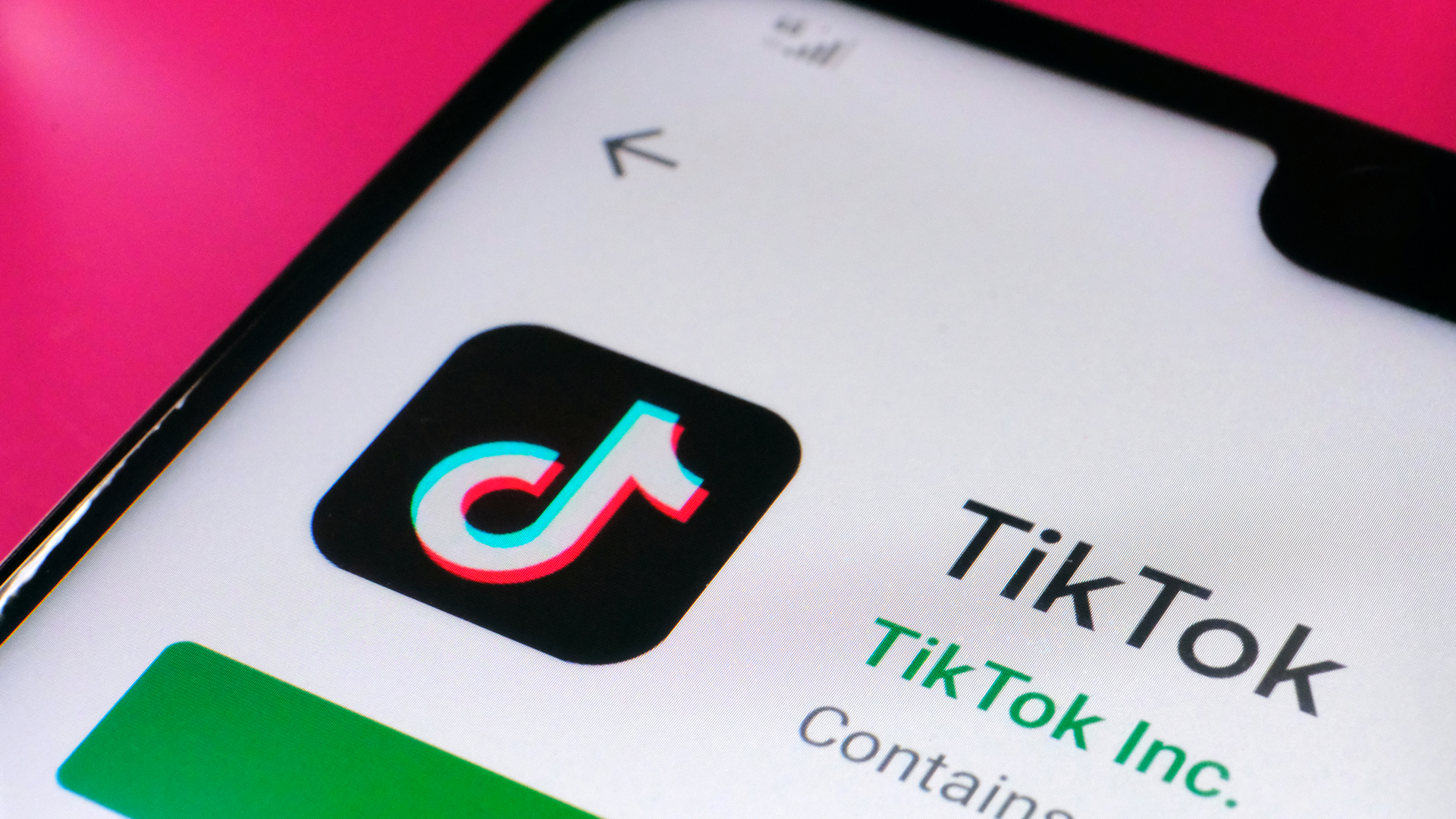
Sign up today and you will receive a free copy of our Future Focus 2025 report - the leading guidance on AI, cybersecurity and other IT challenges as per 700+ senior executives
You are now subscribed
Your newsletter sign-up was successful
TikTok owner ByteDance has proposed a $92 million (roughly £65.7 million) settlement to a class-action lawsuit after the social media platform was accused of collecting the biometric data of its users.
The lawsuit accused the social media platform of deploying a complex artificial intelligence (AI) system to scan for facial features in users’ videos, alongside algorithms to identify a user’s age, gender and ethnicity.
The accusers claim that TikTok’s app extracted a broad array of such data without consent, while information such as personal and private viewing histories was shared with third-parties such as Facebook and Google.
Also of concern is the potential for this data to be shared with companies based in China, given the lawsuit claimed TikTok doesn’t adequately disclose how user data is shared with entities outside the US.
The settlement, if accepted by a judge, would require TikTok to establish a compensation scheme for its users in addition to launching a ‘privacy compliance’ training programme.
“This settlement is important for many reasons,” said co-lead counsel Katrina Carroll, arguing on the side of the class-action lawsuit.
“First, it provides compensation for TikTok users, but equally as important, it ensures TikTok will respect its users’ privacy going forward. Social media seems so innocuous, but troubling data collection, storage, and disclosure can happen behind the scenes. This settlement sets out to prevent that.”
Sign up today and you will receive a free copy of our Future Focus 2025 report - the leading guidance on AI, cybersecurity and other IT challenges as per 700+ senior executives
RELATED RESOURCE

The path to CX excellence for B2B services
The four stages to thrive in the experience economy
Co-lead counsel Beth Fegan argued that biometric information is mong the most sensitive of private information because it’s unique and permanent. Therefore, she added, it’s critical that Tiktok users’ privacy is protected against “underhanded attempts at theft.”
TikTok denied any privacy violations following the accusations and has maintained that there was no wrongdoing on its part.
“While we disagree with the assertions,” a spokesperson told the Wall Street Journal (WSJ), “rather than go through lengthy litigation, we’d like to focus our efforts on building a safe and joyful experience for the TikTok community.”
The firm had previously been under fire for a now-rectified vulnerability in its platform that exposed data belonging to its users. According to Check Point Research, if left unpatched, the vulnerability would’ve enabled hackers to access a user’s phone number, nickname, profile and avatar pictures, unique user IDs, as well as certain profile settings.

Keumars Afifi-Sabet is a writer and editor that specialises in public sector, cyber security, and cloud computing. He first joined ITPro as a staff writer in April 2018 and eventually became its Features Editor. Although a regular contributor to other tech sites in the past, these days you will find Keumars on LiveScience, where he runs its Technology section.
-
 Anthropic promises ‘Opus-level’ reasoning with new Claude Sonnet 4.6 model
Anthropic promises ‘Opus-level’ reasoning with new Claude Sonnet 4.6 modelNews The latest addition to the Claude family is explicitly intended to power AI agents, with pricing and capabilities designed to attract enterprise attention
-
 Researchers call on password managers to beef up defenses
Researchers call on password managers to beef up defensesNews Analysts at ETH Zurich called for cryptographic standard improvements after a host of password managers were found lacking
-
 Five things to consider before choosing an MFA solution
Five things to consider before choosing an MFA solutionIn-depth Because we all should move on from using “password” as a password
-
 UK police fails ethical tests with "unlawful" facial recognition deployments
UK police fails ethical tests with "unlawful" facial recognition deploymentsNews A University of Cambridge team audited UK police use of the tech and found frequent ethical and legal shortcomings
-
 Snapchat settles for $35 million in Illinois biometrics lawsuit
Snapchat settles for $35 million in Illinois biometrics lawsuitNews The social media giant had been accused of improperly collecting, storing facial geometry in violation of state legislation
-
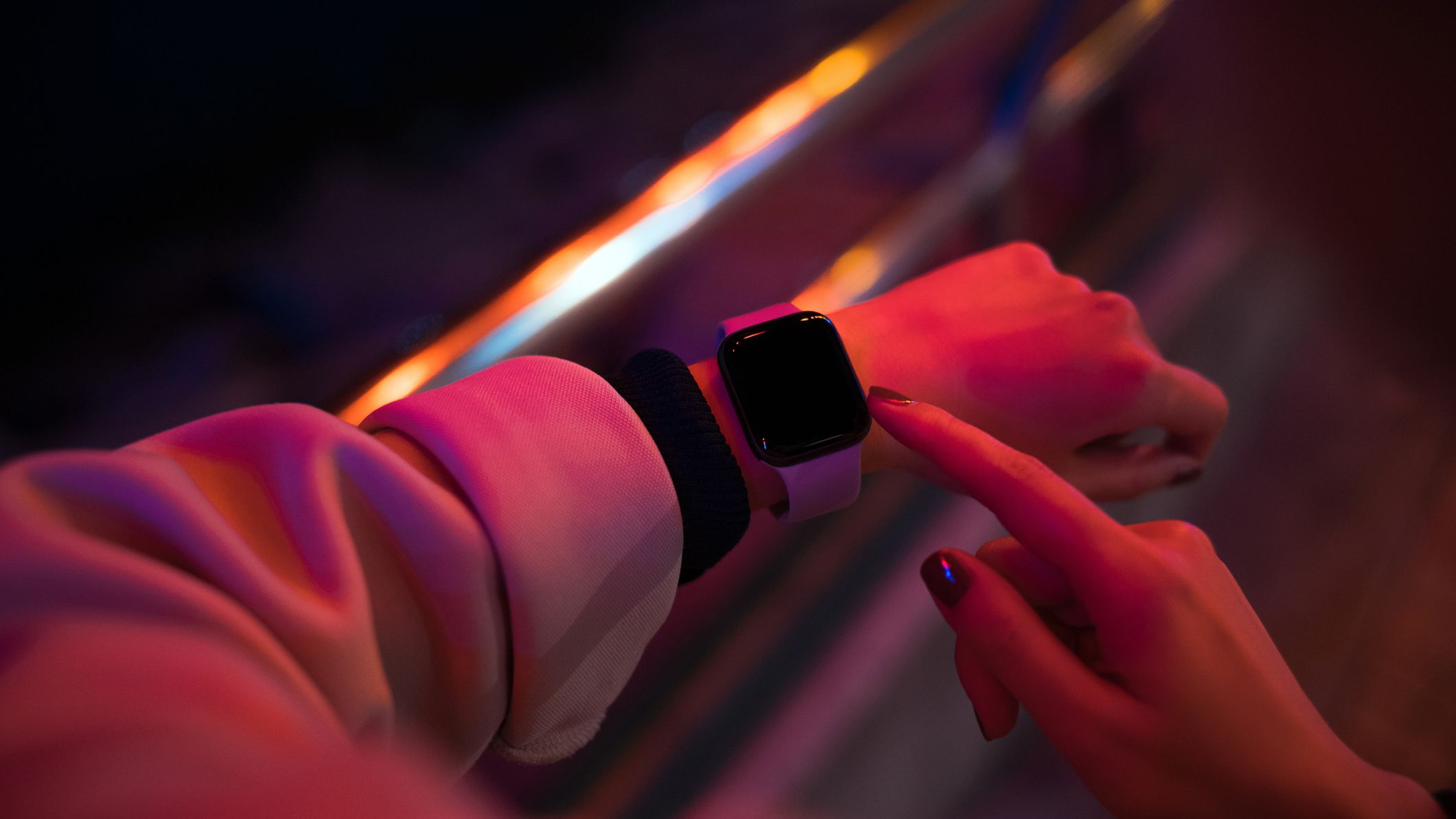 Home Office to collect foreign offenders' biometric data using smartwatch scheme
Home Office to collect foreign offenders' biometric data using smartwatch schemeNews Facial recognition and geolocation data will be matched against Home Office, Ministry of Justice and police databases
-
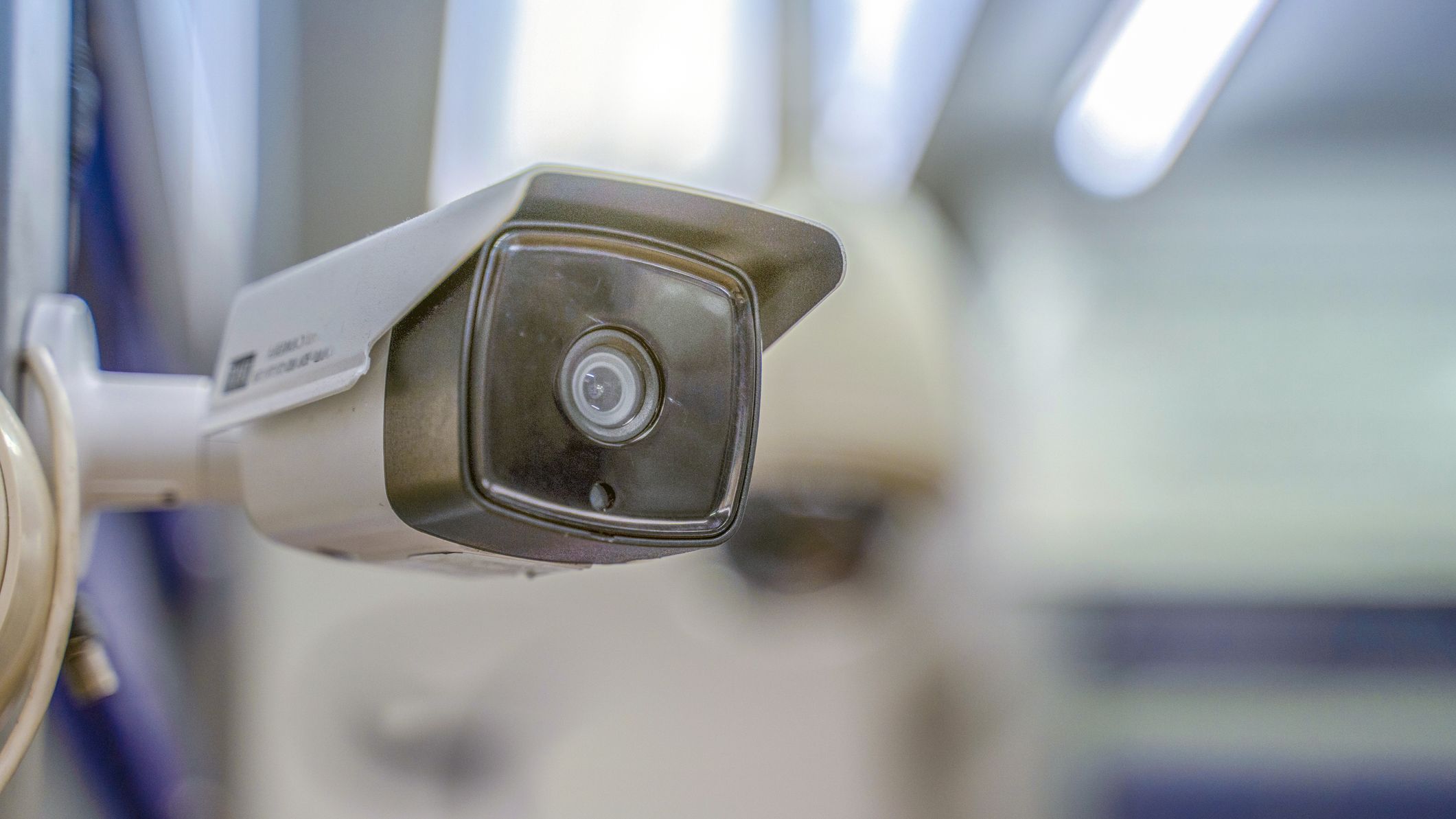 Southern co-operative faces legal complaint for facial recognition CCTV
Southern co-operative faces legal complaint for facial recognition CCTVNews Rights group Big Brother Watch has written to the Information Commissioner to “stop unlawful processing”
-
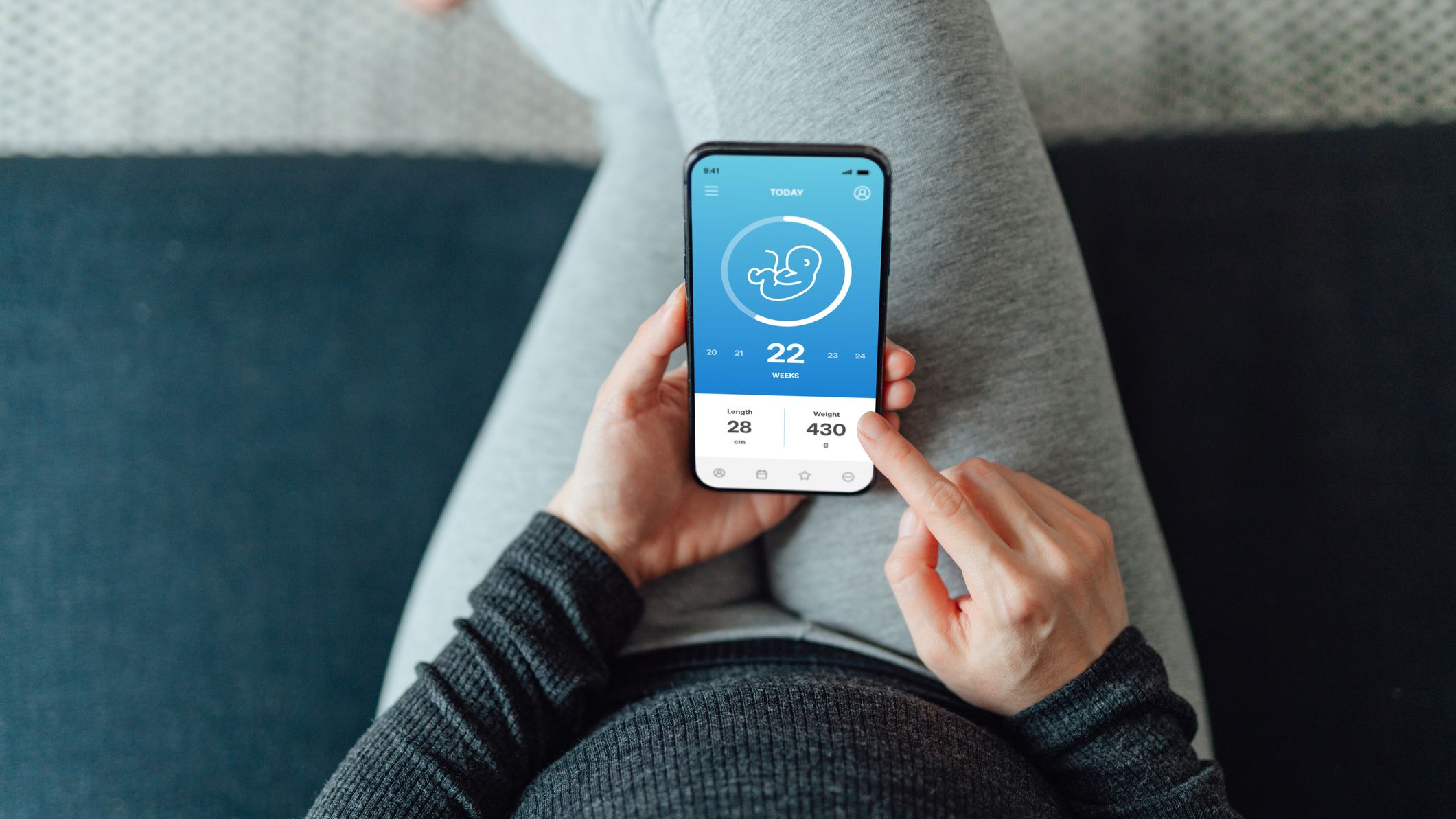 FTC fires warning against sensitive data misuse
FTC fires warning against sensitive data misuseNews The agency has responded to fears around biometric data breaches, including those relating to abortion services
-
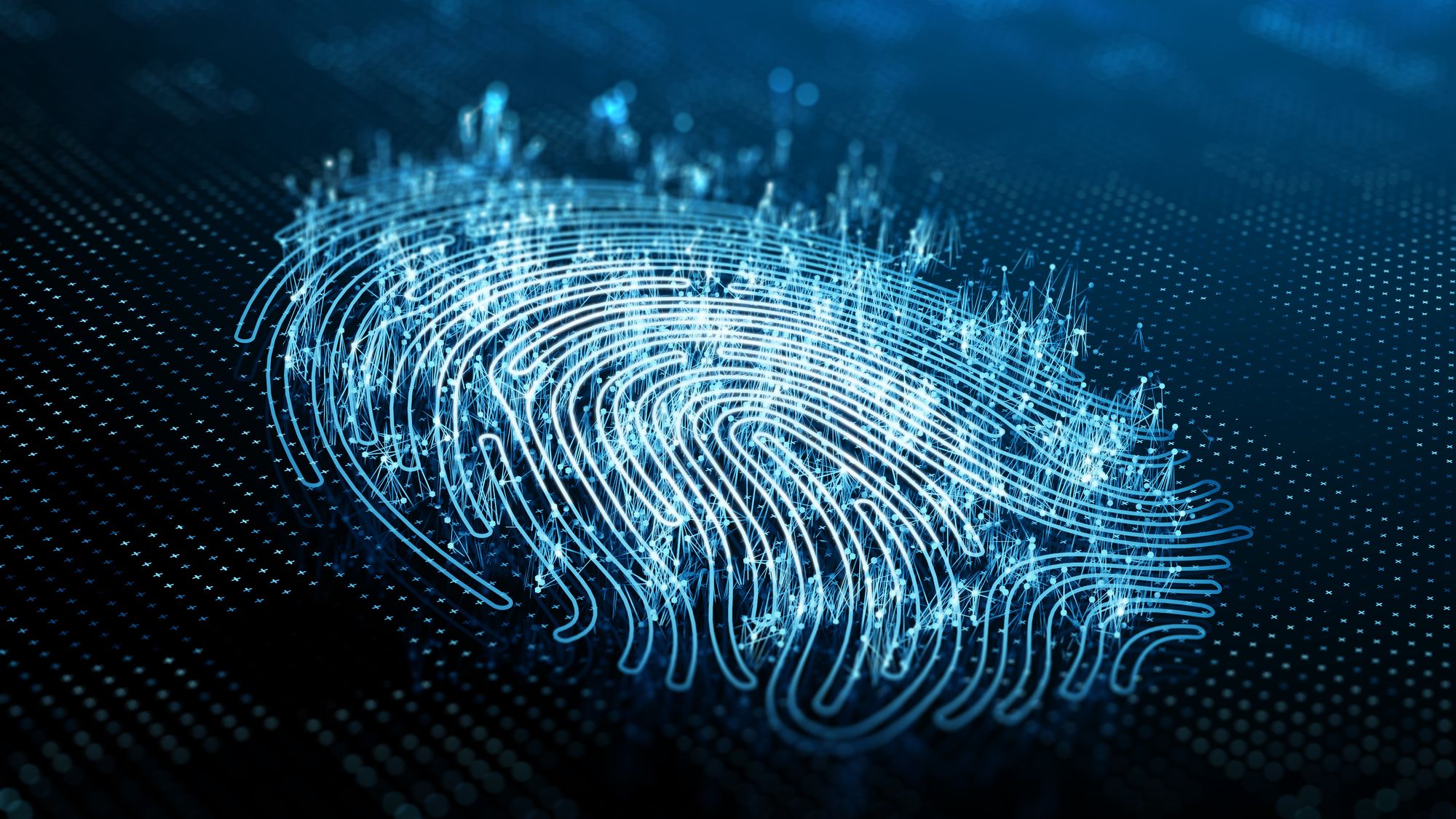 Review calls for urgent new laws over use of biometric technology
Review calls for urgent new laws over use of biometric technologyNews Report also calls for the creation of a biometrics ethics board and greater scrutiny of data sharing
-
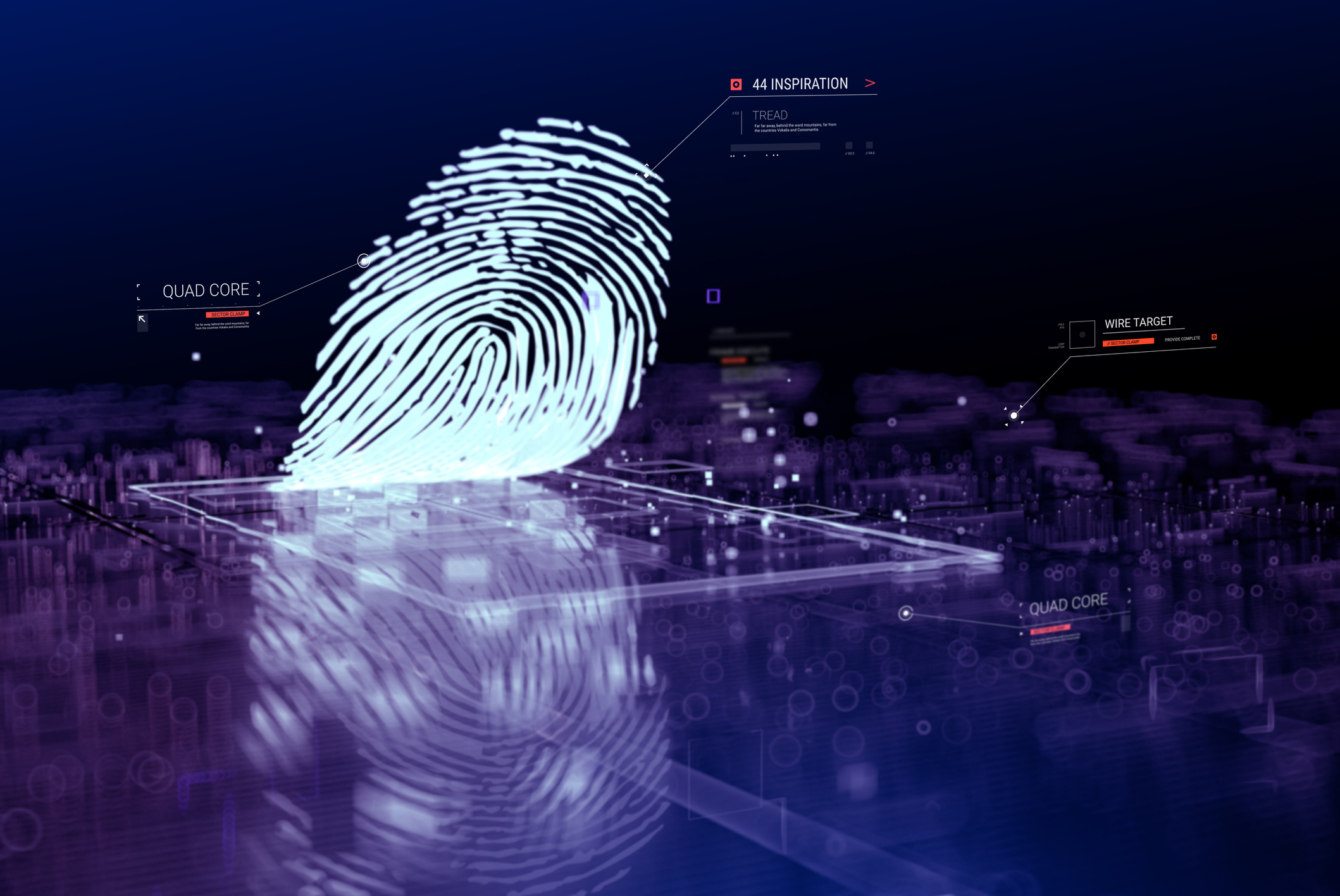 How to implement passwordless authentication
How to implement passwordless authenticationTutorials Worried about leaked credentials? We explain how to shut down the risk by ditching passwords entirely